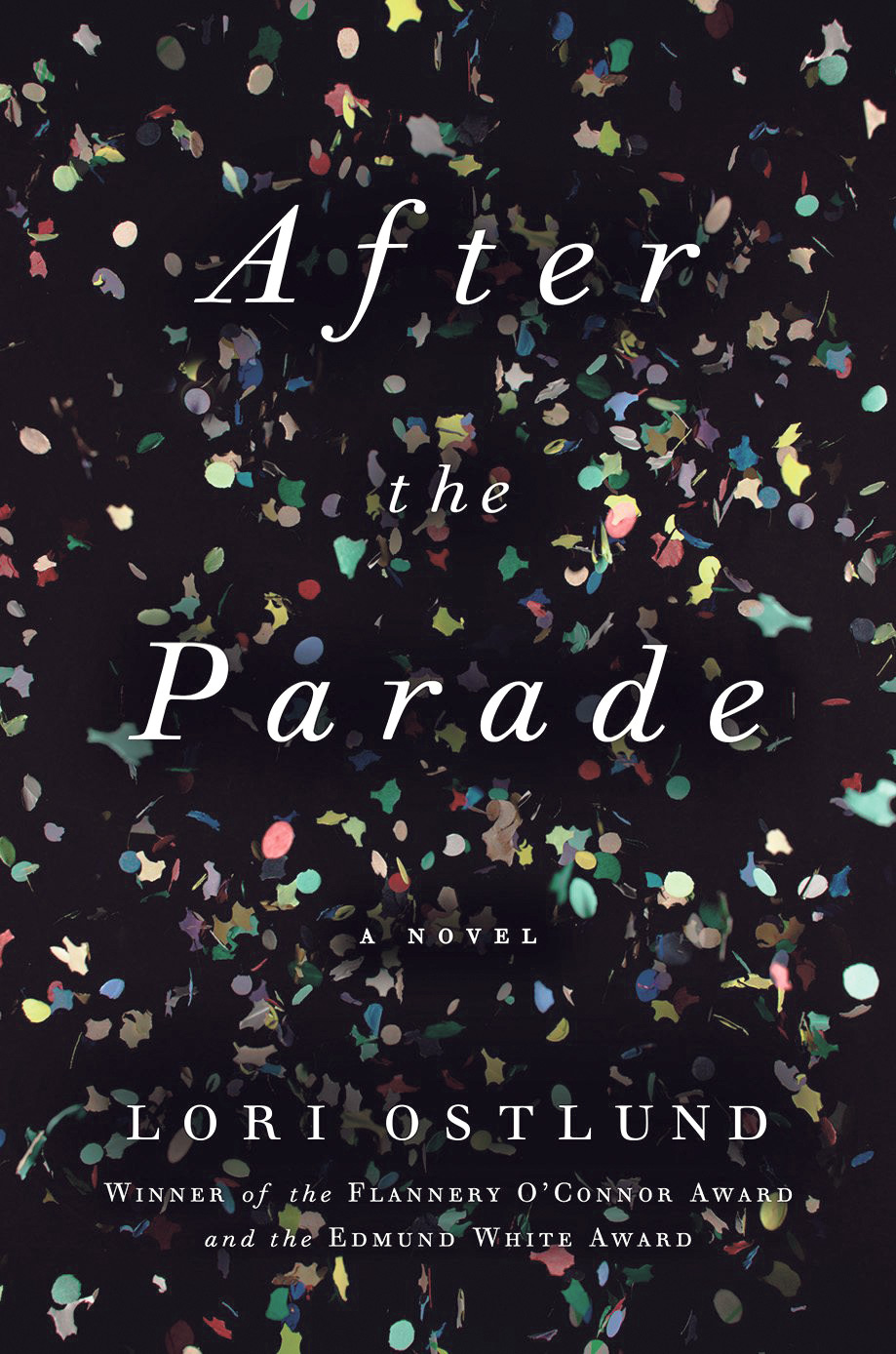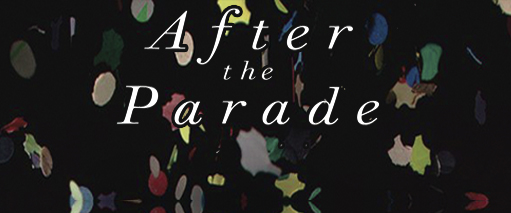Get Lit: The Merits Of Loneliness
In After The Parade Lori Ostlund Imbues Life With Poetry


Latest Article|September 3, 2020|Free
::Making Grown Men Cry Since 1992




